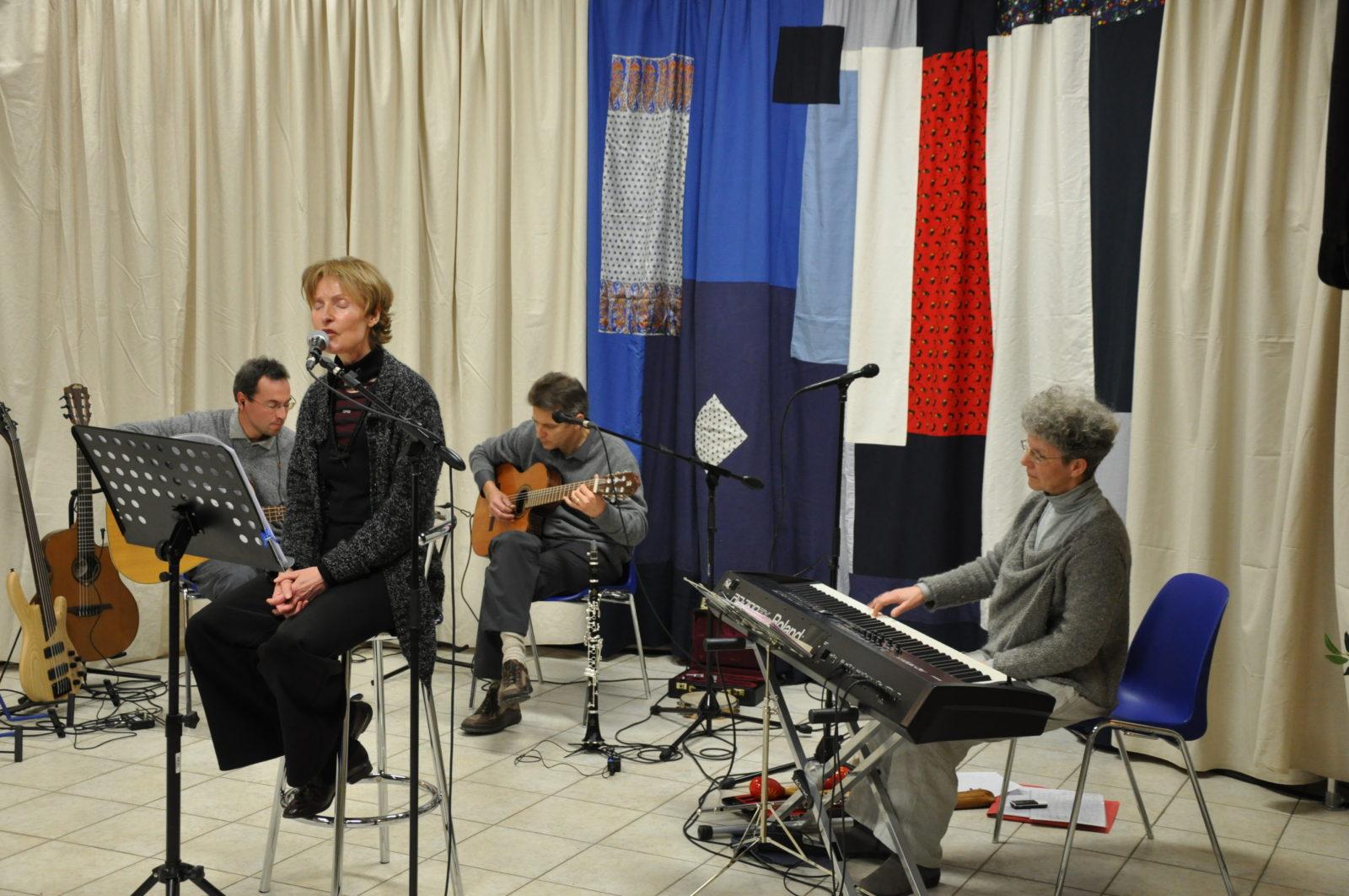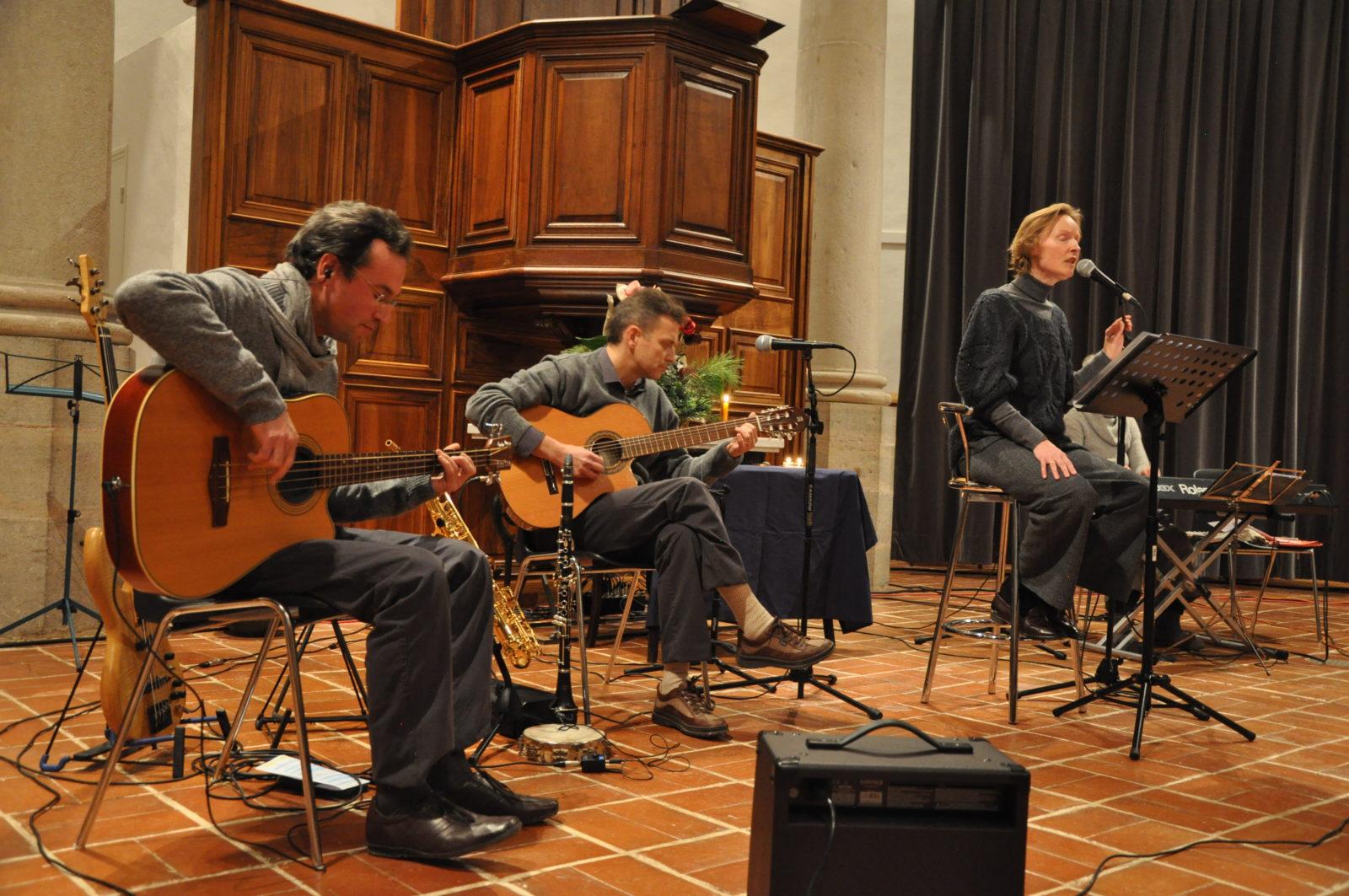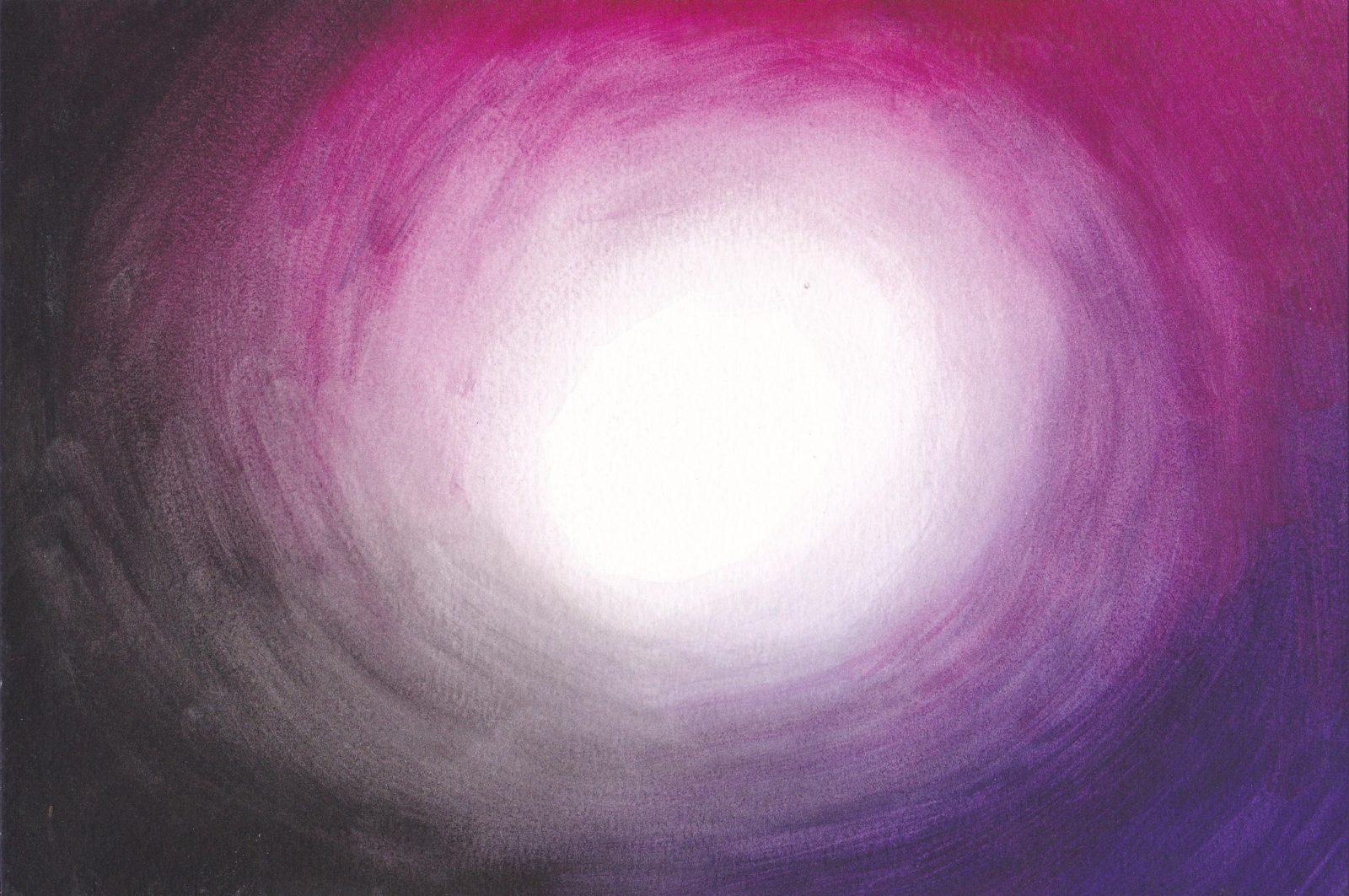
“What is music, what is the aim of it and what is its future? In the course of the 30 years in which I have been occupied with music, these questions have continuously crossed my mind. Looking back on history, I noticed that most of the time music played a two-fold role in the lives of people: a religious one and a profane one.
The religious role seems to have been the first and possibly also the major one, whereas the profane role that was attributed to music developed from a minor part into one of more importance. This development was due to the improvement of the general living conditions, for as long as life was primarily a struggle for survival, a continual fight against circumstances, there was little room for fun. Moreover, the continual threat of death motivated people to keep in touch with the invisible, religion-related side of life. This changed drastically about 100 years ago, when technique expanded, industrialization got going on an ever larger scale, and especially western (European) people experienced more material safety in their lives. It also had an effect on music.
The continuing technical and intellectual development brought man internally into contact with his personal power and individual freedom, whereas externally he increasingly felt in control of his fate. Music became more and more a matter of self expression. Old values, theories and musical structures were abandoned, by which “light music” eventually profited most. Within classical music this revolution had started earlier but it was less explosive and more experimental. These developments in arts and science were accompanied by a new phenomenon: the idea of God was seriously questioned. Throughout history the fields of art, science and religion had always been connected, but this was no longer the case: religion became separated from art and science. And whereas music, even the most profane kind, had never been completely separated from the religious, which had always been connected with it in one way or another, this element was now abandoned. This led to another loss: the sense of the sacred.


(…) continuation of the introductory text
These developments have accelerated since the Second World War and now, in the 21st century, the question arises: what is the future of music? Of course we can continue experimenting, but is that the aim? Light music, which has expanded enormously over the past 50 to 60 years, seems to be stuck in a rut at the moment , and classical music, too, is in an impasse. The old classical pieces cannot be served in a new way over and over again, however artistically this may be done, and compositions that are essentially new suffer from a severe struggle between real inspiration and intellectual originality, ending too often in anarchism, in chaos. When we consider this seriously and put all these elements together, we can only come to the conclusion that we shall have to return to the point where we lost our way, and having arrived there we need to wonder, maybe, what “the higher” or sacred still has to do with our music. For this might be what it is all about. It is not about introducing old religious forms,
whether they are eastern or western, nor about blindly accepting the old notion of God. For me it firstly concerns the relationship which each one of us, musician or listener, has with something that is beyond us, that transcends us. And that is the element that has to be brought to life again in our music, if we want a true renewal. Belief in God is different, then, from the experience of “the sacred” in oneself, in our daily lives, in everything we do. Belief in God can be completely separate from all other activities in our life,
and that is what the church has often been blamed for. In my experience the way modern man and the artist see and experience God or “the sacred”, is both the cause of and the solution to the impasse in which the musical world finds itself at the moment.
Music will have to get substance again, but not a purely human, sentimental substance. That will not do. The search of each artist for that higher aspect of life which is to be found in every creature, passer.and consequently also in man,
will have to be the guiding principle of the artistic life, if we want to speak of a true renewal one day. Music is the language through which invisible realities
which transcend man – whether they are called God or not – will manifest themselves to us, and it is that language that we must learn to speak again, arrogant as we may be. The search within ourselves which can make us familiar with that language is the unique way of each individual person, but, just as every way, this one, too, starts with a first step: the sincere wish to follow this path.
Puisse cette musique aider à redonner à ce monde une sensibilité plus vive pour Technically speaking the music on this CD is very simple. Its power lies in quite a different sphere, in the field that was just spoken of. I hope that all those who wish to listen to this music with an unprejudiced ear and heart, will be able to get something out of it that will bring them closer to the essence of their being or life, for the good of this big world of which we are all part: A song for the world.”
MOTHER
